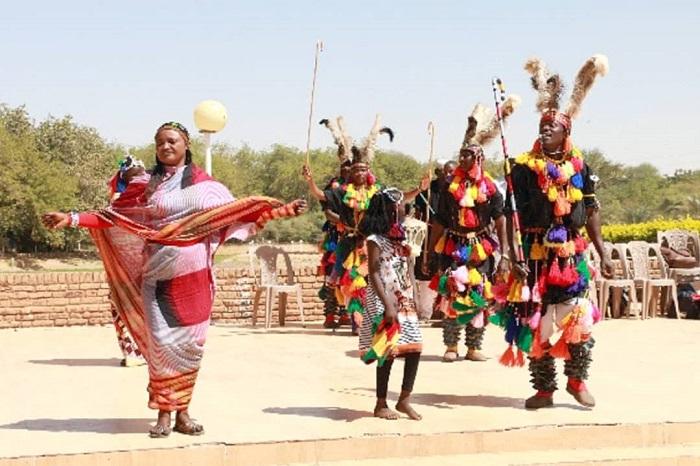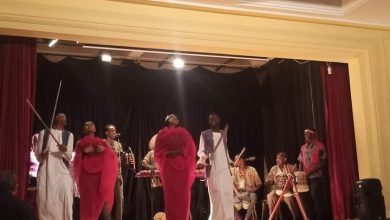Intangible Heritage: Protection of Cultural Identity

Sudan Events – Haffiya Elyas
Intangible cultural heritage is very important.
Preserving it means protecting cultural identity in our current era. Understanding it to a deep degree helps us in dialogue between different cultures and encourages mutual respect.
Intangible heritage includes, for example, folk dance, oral traditions, epics, customs, ways of living, traditional crafts, etc.
Secretary General of the National Council for Cultural Heritage and Language Promotion , Dr.Assad Abdul Rahman said in previous events that ،Intangible cultural heritage is defined by its many different fields, represented in forms of expression, practices, customs, traditions and knowledge, and the cultural industries related to folklore, and the implications of interest in it
Asaad stressing the importance of intangible heritage and its role in national unity, referring to the Global Convention for the Safeguarding of Heritage 2003 AD and its directives in this regard in achieving peace, stability, recognition of the other and equality, indicating the role played by the National Council for Cultural Heritage in cooperation with the relevant authorities and cultural practices in Sudanese society and activating its role in strengthening identity, rejecting racism, reconciliation, stability and spreading peace,
Asaad adding that it is important to define Intangible cultural heritage in its various fields, and then identifying and protecting the fields that contain elements that can be used to serve society and achieve peace.
Heritage in Sudanese archives :
There is a wealth of archival material in Sudanese cultural institutions including maps, photographs, manuscripts, newspapers, political papers and records.
Sudan also has a rich intangible cultural heritage with 19 major ethnic groups and over 100 languages and dialects. Of particular value is the material relating to disappearing customs.
Intangible heritage consists of nonphysical intellectual wealth, such as folklore, customs, beliefs, traditions, knowledge, and language. Intangible cultural heritage is considered by member states of UNESCO in relation to the tangible World Heritage focusing on intangible aspects of culture.
The transmission of intangible cultural heritage is also affected by factors such as globalization, urbanization, and social change, which can lead to the loss of traditional knowledge and practices.
Oral practices are treasured and vital components of a culture and they can be regarded as traditions when they have a long history in that society and are widely shared among its people.
Recently, the Sudanese Embassy in Paris, as well as the Permanent Delegation to UNESCO, was bestowed with a prestigious certificate of registration and accreditation. The certificate recognizes and acknowledges the processions and celebrations associated with the Prophet’s Birthday in Sudan, which have now been officially included in the UNESCO List of the Intangible Cultural Heritage of Humanity



